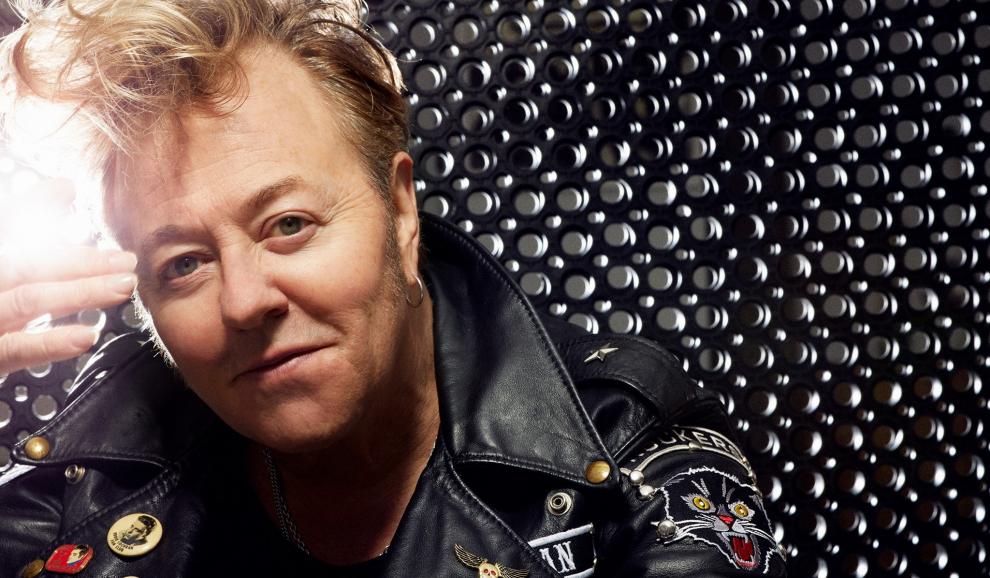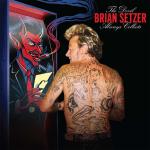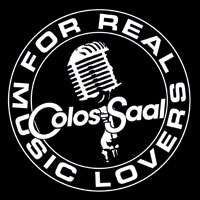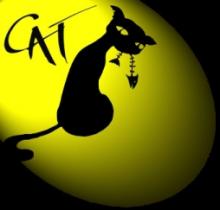Brian Setzer
 Biografie
Biografie
Iconic guitarist, songwriter, vocalist and 3-time Grammy award-winner BRIAN
SETZER has achieved one career milestone after another. He’s sold millions of albums
and is a “Musician’s Musician” credited with continually taking chances with
innovative and daring musical styles. Setzer is widely credited for taking two forgotten
genres, rockabilly and swing, adding his own blend of gunpowder and rockin’ style, and
completely reinventing and single-handedly resurrecting them in the process. Along the
way, he has scored chart-topping hits, sold 13 million records and received the
Orville H. Gibson Lifetime Achievement Award throughout his decorated career as
founder/leader of the Stray Cats, his 19-piece Brian Setzer Orchestra, and as a solo
artist. He is consistently cited as one of the world’s greatest living guitarists, and has a
best-selling, extensive line of elite Gretsch signature model guitars bearing his name.
SETZER is also, fittingly, in the Rockabilly Hall of Fame. On the live front, Setzer has
headlined venues and festivals worldwide, including a 1983 headlining slot on the iconic
US Festival in California, The Playboy Jazz Festival, a three-night, sold-
out headlining run at the Hollywood Bowl with the 98-piece Philharmonic
Orchestra, Woodstock ’99, and performing in front of more than 150,000 people as
headliner of the Montreal Jazz Festival. His reach also includes films and TV, where his
roles include portraying rockabilly pioneer Eddie Cochran in the 1987 film, La
Bamba, Fox’s “Beverly Hills 90210,” among many others, and he is one of the few
musicians to be animated in an episode of “The Simpsons” in 2002. That same year,
SETZER was personally requested to induct Chet Atkins into the 17th Annual Rock
and Roll Hall of Fame. SETZER had the honor of being invited in 2006 to perform at
the White House for the President of the United States. Also in 2006, he was inducted
into the Long Island Music Hall of Fame with the Stray Cats. In 2014, SETZER
received the distinct honor of being asked by the Smithsonian Institution in Washington,
D.C. to donate a replica of his original 1959 Gretsch 6120 “Stray Cat” guitar, joining an
elite collection of iconic treasures at the museum.






